Prednisolone 20 mg (Generic Deltasone)
Valid for order above $299
Wysolone 20 Tablet DT is used in the treatment of Severe allergic reactions,Allergic conditions,Rheumatic disorder,Skin disorders,Eye disorders,Nephrotic syndrome. View Wysolone 20 Tablet DT (strip of 15.0 tablet dt) uses, composition, side-effects, price, substitutes, drug interactions, precautions, warnings, expert advice and buy online at best price on AmeriMedscure
Prednisolone 20 mg (Generic Deltasone) |
||||
|---|---|---|---|---|
| Pack Size | Price | Price/unit | Quantity | Add To Cart |
| 30 tablets | $108.00 | $3.60 / tablets |
|
|
| 60 tablets | $144.00 | $2.40 / tablets |
|
|
| 90 tablets | $194.00 | $2.16 / tablets |
|
|
| 120 tablets | $240.00 | $2.00 / tablets |
|
|
| 150 tablets | $264.00 | $1.76 / tablets |
|
|
| 300 tablets | $480.00 | $1.60 / tablets |
|
|
| Want to order in bulk / B2B price? Send Inquiry | ||||
Description
| Active Ingredient (Generic Name): | Prednisolone |
| Manufacturer: | Pfizer Ltd |
| Packaging: | 15 Tablets in 1 Strip |
| Strength: | 20 MG |
| Delivery Time: | 6 To 15 days |
| SKU: | Prednisone 20 mg |
Prednisone 20 mg (Generic Deltasone) is a medication commonly used to treat a variety of conditions by suppressing the immune system and reducing inflammation. It is a corticosteroid (steroid) and is often prescribed for conditions such as allergies, arthritis, skin conditions, autoimmune diseases, and more.
Here’s a detailed look at the drug:
Uses of Prednisone:
Prednisone 20 mg is used to treat:
- Allergic reactions (e.g., severe asthma, allergic rhinitis)
- Autoimmune diseases (e.g., lupus, rheumatoid arthritis)
- Skin conditions (e.g., eczema, psoriasis)
- Inflammatory conditions (e.g., inflammatory bowel disease)
- Cancers (as part of chemotherapy regimens)
- Other disorders that involve inflammation or an overactive immune response
How it Works:
Prednisone is a synthetic corticosteroid that works by mimicking the effects of cortisol, a hormone produced by the adrenal glands. It works by reducing inflammation and modifying the immune system’s response to prevent it from attacking the body. By doing so, it helps in managing symptoms related to a wide variety of conditions.
Dosage:
- The typical starting dose can vary depending on the condition being treated, but for Prednisone 20 mg, it’s often given as a single dose in the morning.
- It’s common for the dosage to be adjusted over time based on the patient’s response to the medication and any side effects.
- Tapering the dose gradually is important when discontinuing prednisone to avoid withdrawal symptoms or a flare-up of the condition being treated.
Side Effects:
Like all medications, prednisone can cause side effects. Some of the common side effects include:
- Increased appetite
- Weight gain
- Insomnia
- Mood swings
- Fluid retention (edema)
- Elevated blood sugar levels (important for diabetic patients)
- Increased risk of infections (due to immune suppression)
- Gastrointestinal issues like ulcers or stomach irritation
- Bone thinning (osteoporosis) with long-term use
Serious side effects (though less common) can include:
- Cushing’s syndrome (a condition caused by excessive cortisol)
- Eye problems like cataracts or glaucoma
- Adrenal suppression, especially if the drug is stopped suddenly
- Mental health issues like depression or psychosis in some cases
Warnings and Precautions:
- Long-term use: Prolonged use of prednisone can lead to more severe side effects, particularly affecting bone health, blood pressure, and blood sugar.
- Tapering the dosage: It’s important not to stop prednisone suddenly after long-term use, as it can lead to adrenal insufficiency. The dosage must be gradually reduced under a doctor’s guidance.
- Interactions with other medications: Prednisone can interact with other drugs, including blood thinners, vaccines, and certain antifungal medications. Always inform your doctor of all medications you’re taking.
- Pregnancy and breastfeeding: Prednisone should only be used during pregnancy if clearly needed and under medical supervision.
Special Considerations:
- For people with diabetes: Prednisone may raise blood sugar levels, so careful monitoring of blood sugar is required.
- For elderly individuals: Older adults may be more susceptible to some of the side effects, especially with regard to bone density, blood sugar levels, and eye health.
- For individuals with existing infections: Prednisone can mask symptoms of infection and make it more difficult to fight infections.
Conclusion:
Prednisone 20 mg (Generic Deltasone) is a powerful anti-inflammatory and immunosuppressive medication that can be extremely helpful for managing a range of conditions. However, due to its potential side effects, it should be used under the close supervision of a healthcare professional, particularly if taken long-term. Always follow your doctor’s instructions for dosage and discontinuation, and notify them of any concerning side effects.
1. What is Prednisone used for?
Prednisone 20 mg is commonly used to treat inflammatory and autoimmune conditions such as allergies, arthritis, asthma, lupus, and inflammatory bowel disease. It is also used to manage certain skin conditions and as part of cancer treatment.
2. How does Prednisone work?
Prednisone is a corticosteroid that works by mimicking the effects of cortisol, a hormone produced by the adrenal glands. It reduces inflammation, suppresses the immune system, and helps manage conditions where the immune system is overactive.
3. How should I take Prednisone 20 mg?
Prednisone should be taken exactly as prescribed by your doctor. Typically, it is taken once a day in the morning, with or without food. The dosage may vary based on the condition being treated, so always follow your doctor’s instructions. Never stop or change your dose without consulting your healthcare provider.
4. What should I do if I miss a dose of Prednisone?
If you miss a dose, take it as soon as you remember unless it is almost time for your next dose. Do not take two doses at once to make up for a missed dose.
5. Can I stop taking Prednisone suddenly?
No, you should never stop taking prednisone suddenly, especially if you’ve been taking it for a long time. Stopping suddenly can lead to withdrawal symptoms or cause your condition to flare up. Your doctor will guide you on how to gradually reduce the dose.
Additional information
| Unit | 120 Tablets, 150 Tablets, 30 Tablets, 300 Tablets, 60 Tablets, 90 Tablets |
|---|

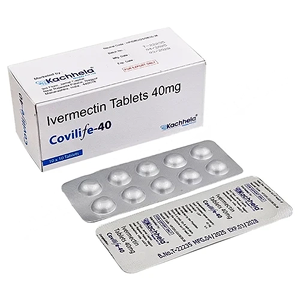
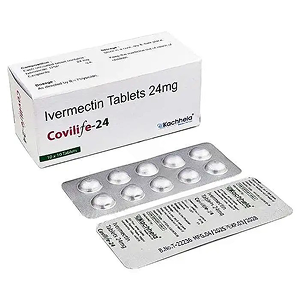
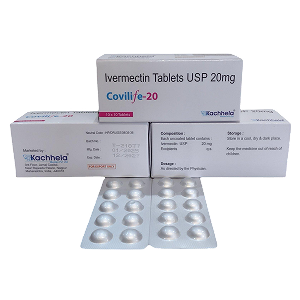
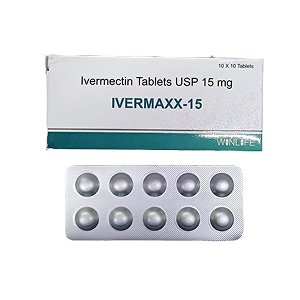
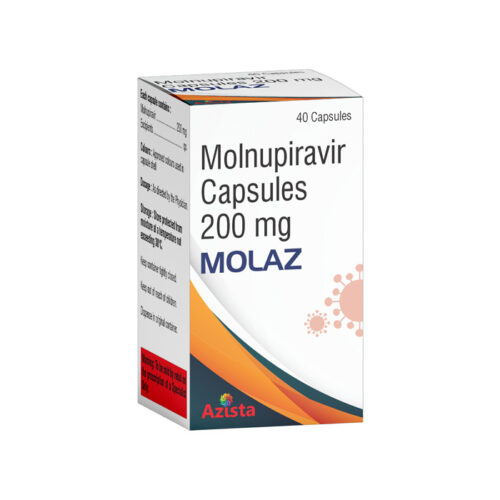
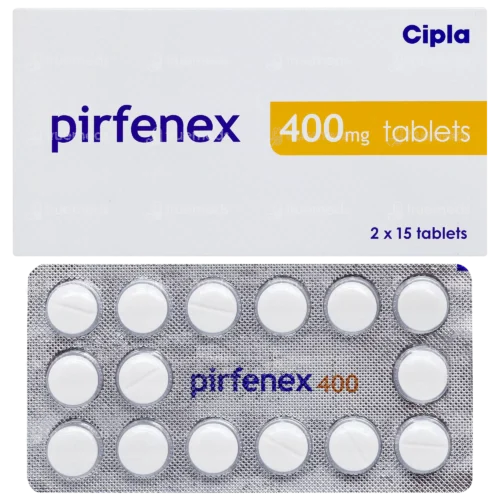
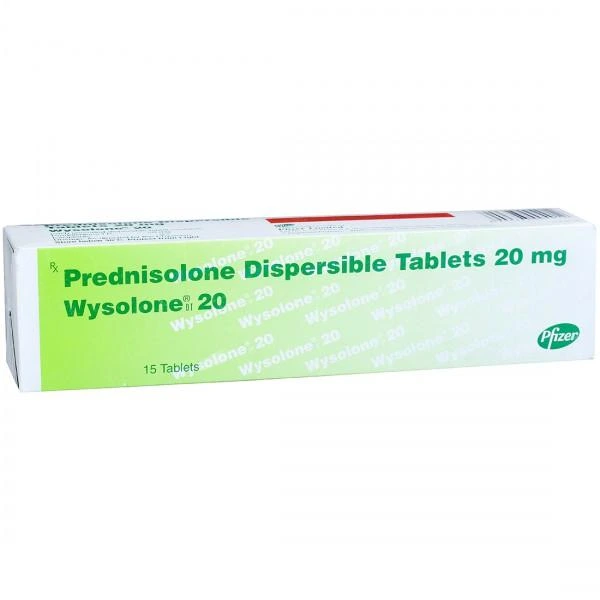
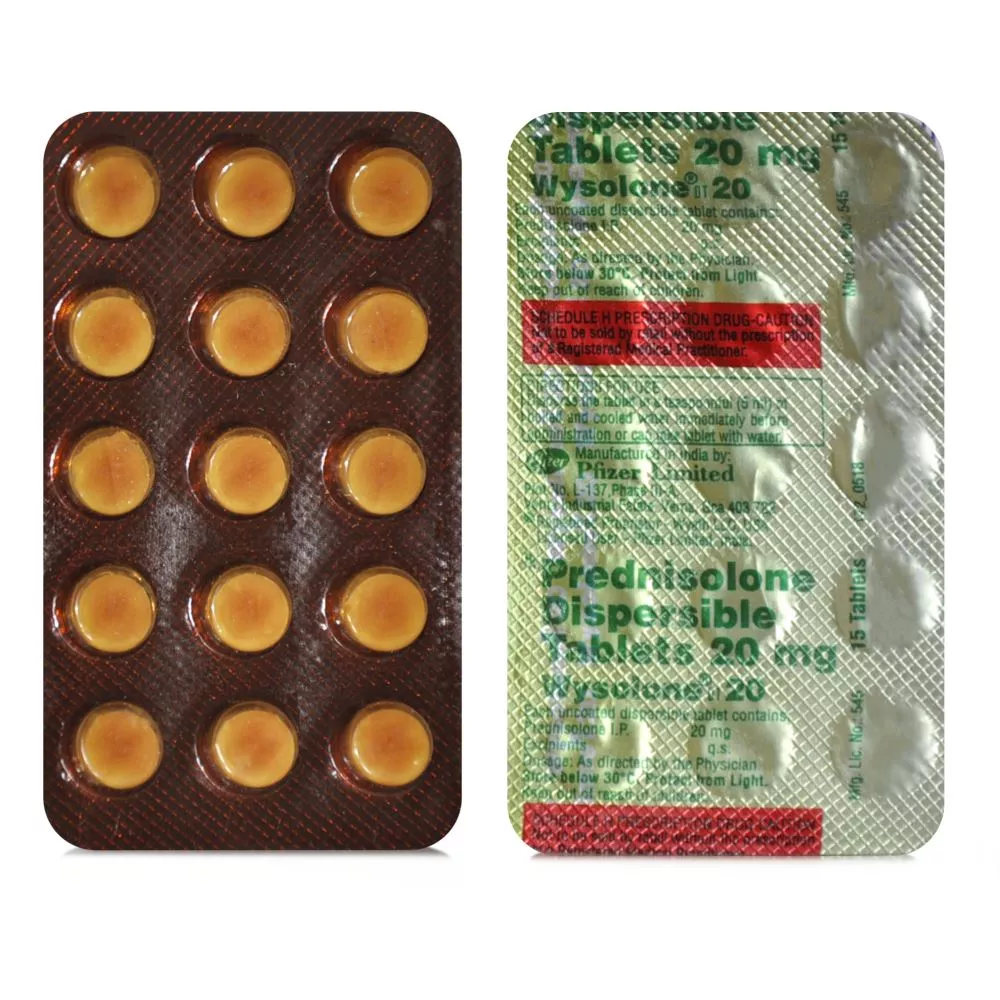
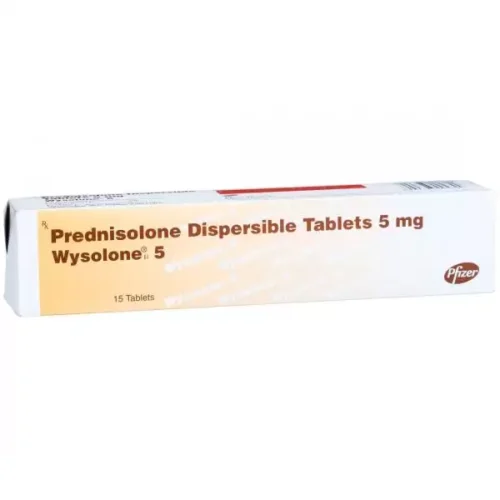
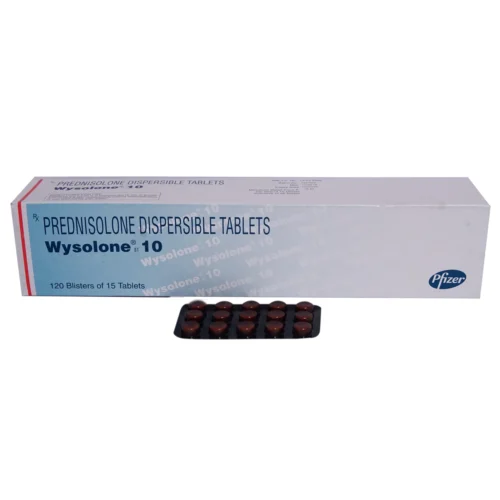
Reviews
There are no reviews yet.